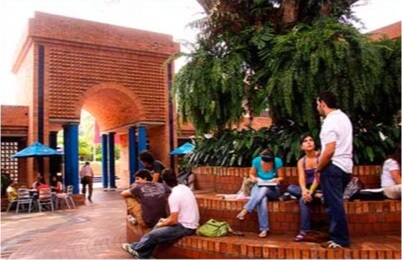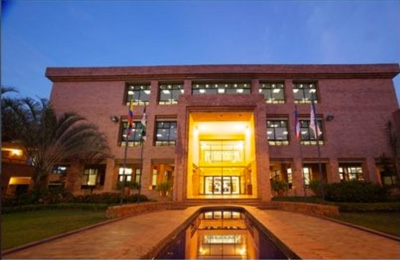Boletín de prensa #715
La Facultad de Ciencias Naturales invita este martes 1 de diciembre de 3:00 a 5:00 p.m., al seminario Studying the Seed Microbiome a cargo de David Johnston-Monje, Ph.D., en Agricultura de Plantas y Ecología Microbiana, Investigador Principal y Líder del Grupo Tandem Max Planck de Ecología Microbiana de Plantas de la Universidad del Valle. Inscríbete aquí https://www.icesi.edu.co/e/SeedMicrobiome

Within the past 10 years, the study of microbiomes has taken off, with significant contributions to human health, food and materials science and agricultural productivity. Maize agriculture began 9,000 years ago, when it was domesticated from wild grasses in Mexico (teosintes), bred into diverse varieties and moved to new soils throughout the Americas – such dramatic changes to the plant’s genetics and growing environment likely resulted in the loss of endosymbionts.
To better understand the microbiology of these plants, I surveyed the bacteria that inhabit seeds, roots and rhizospheres of genetically diverse ancient and modern Zea genotypes. I found that root and rhizosphere populations of bacteria are primarily inherited from the seed, and that bacterial community composition of seeds correlates with plant genetics rather than growing environment, suggesting that as humans bred maize they have also inadvertently impacted its microbiome, perhaps causing the loss of microbes from modern maize agriculture.
Culturing microbes from these ancient or wild relatives of maize, some beneficial microbes were discovered including the plant growth promoting Burkholderia phytofirmans, root growth enhancing Enterobacter asburiae and the fungal biocontrol strain Burkholderia gladioli. These examples of a successful bioprospecting strategy were used to establish a patent portfolio and the plant microbiome startup company Indigo Agriculture. Now, as leader of the Max Planck Tandem Group in Plant Microbial Ecology at Universidad del Valle, I continue to study seed microbiomes in the Colombian context.
Inscríbete aquí https://www.icesi.edu.co/e/SeedMicrobiome




